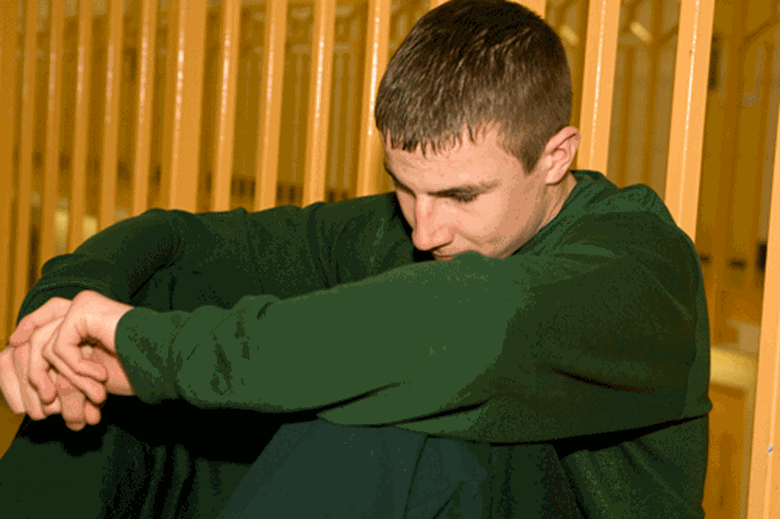Lack of joined-up mental health support fails young offenders
Derren Hayes
Friday, March 21, 2014
Young offenders are failing to get adequate mental health support when they move into the adult system, an independent review of the criminal justice system has found.

Drawing on evidence gathered from the Bradley Commission, which is carrying out an independent review of support for disadvantaged groups in the criminal justice system, a Centre for Mental Health (CfMH) report concludes that many young offenders fall through the cracks in services because support often ends at 18.
The age cut off for services means there is little continuity in support for those transitioning from the youth justice to adult systems, despite the fact that “almost all” young adults live chaotic lives and experience mental health problems, the CfMH concludes.
Lord Bradley, who is chairing the commission, said the lack of transition support is exacerbating the problems young offenders experience.
He said: “Few vulnerable young people get the right support to help them to make the transition from childhood to adulthood.
“Many make multiple transitions from children’s services to adult services, including in social care, mental health and criminal justice. All too often this leads to a loss of vital support at a crucial time in their lives. This can cause problems to escalate, leading to further crises and bigger problems later in life."
The report identifies factors that can help ensure effective services for young adults, including good relationships with staff and early identification of mental health problems. It also recommends changes to policy and practice, including:
- Services working with young people of transitional age should facilitate a formal, face-to-face transfer of care meeting involving the young person, their family and each service that is working with them.
- Liaison and diversion services should run at evenings and weekends and involve children and young adults in designing services.
- Education, Health and Care Plans for young people with special educational needs should run continuously, including when a person is in custody.
- Appropriate adult services should be extended to young adults with mental health problems and those with learning disabilities.
Lord Bradley said: “We have identified many local services that have found ways of offering better support to young people going through the transition to adulthood in the criminal justice system.
“But many do this against the tide of systems that make effective, engaging support difficult. We need to change those systems to support rather than hinder efforts to give vulnerable young people a better start to adult life.”
The Bradley Commission is made up of a panel of experts on the criminal justice system, including the former chief inspector of prisons Lord Ramsbotham, CfMH chief executive Sean Duggan and Jenny Talbot from the Prison Reform Trust. It will publish its final full report in June 2014.




